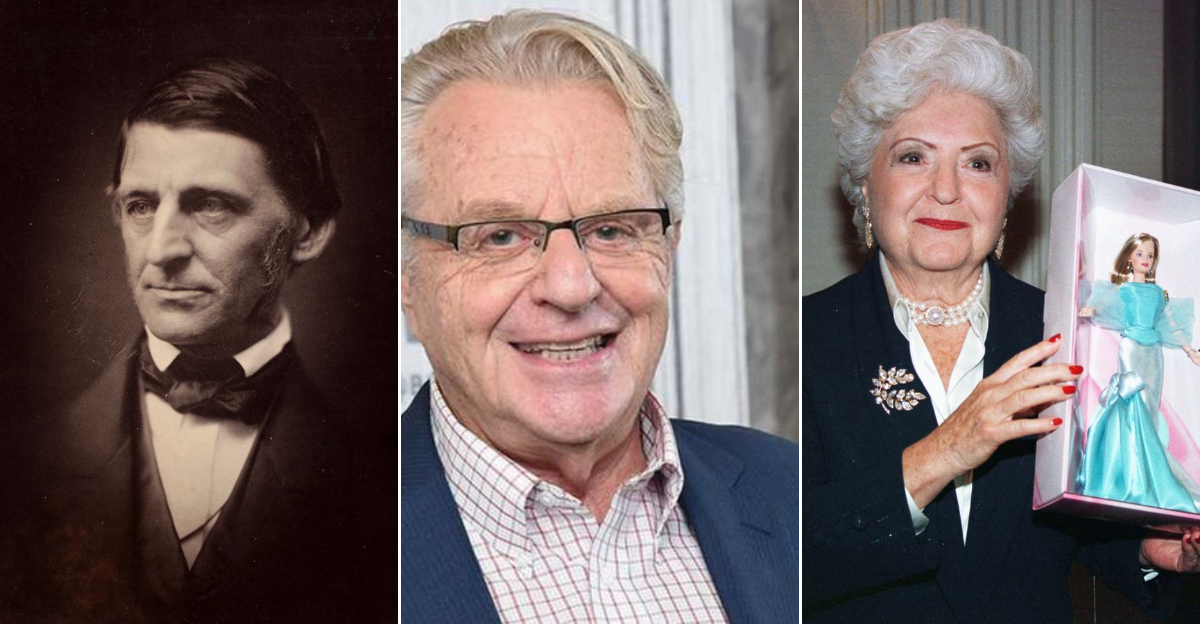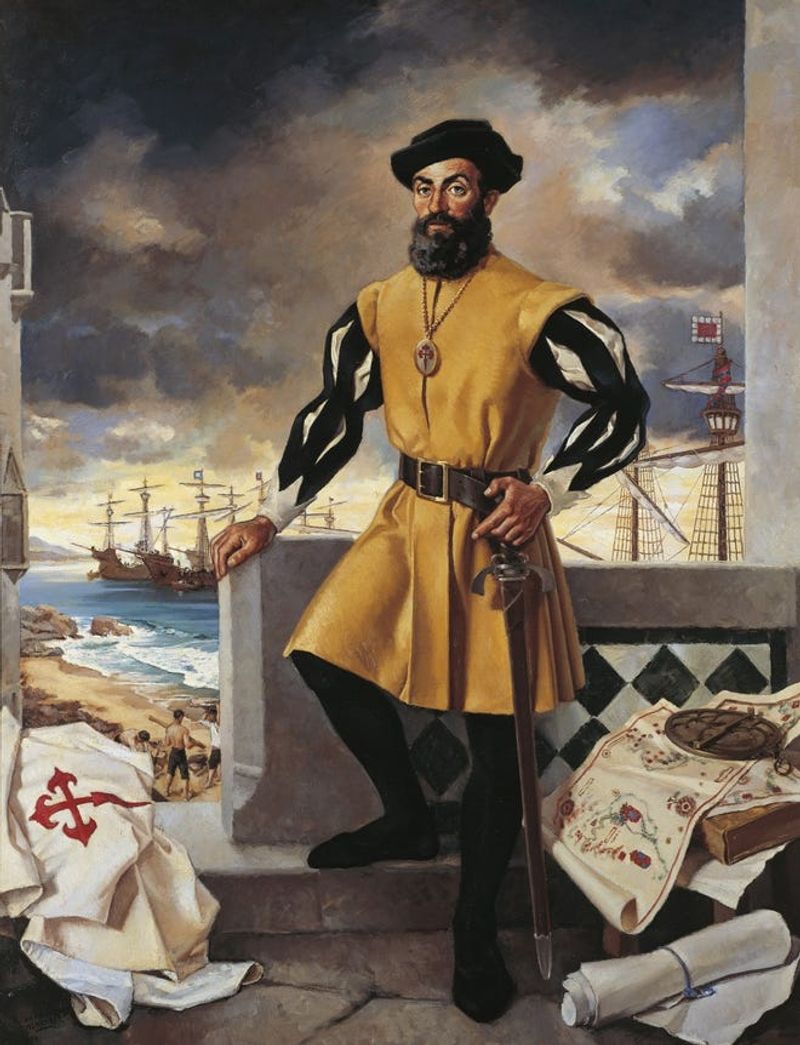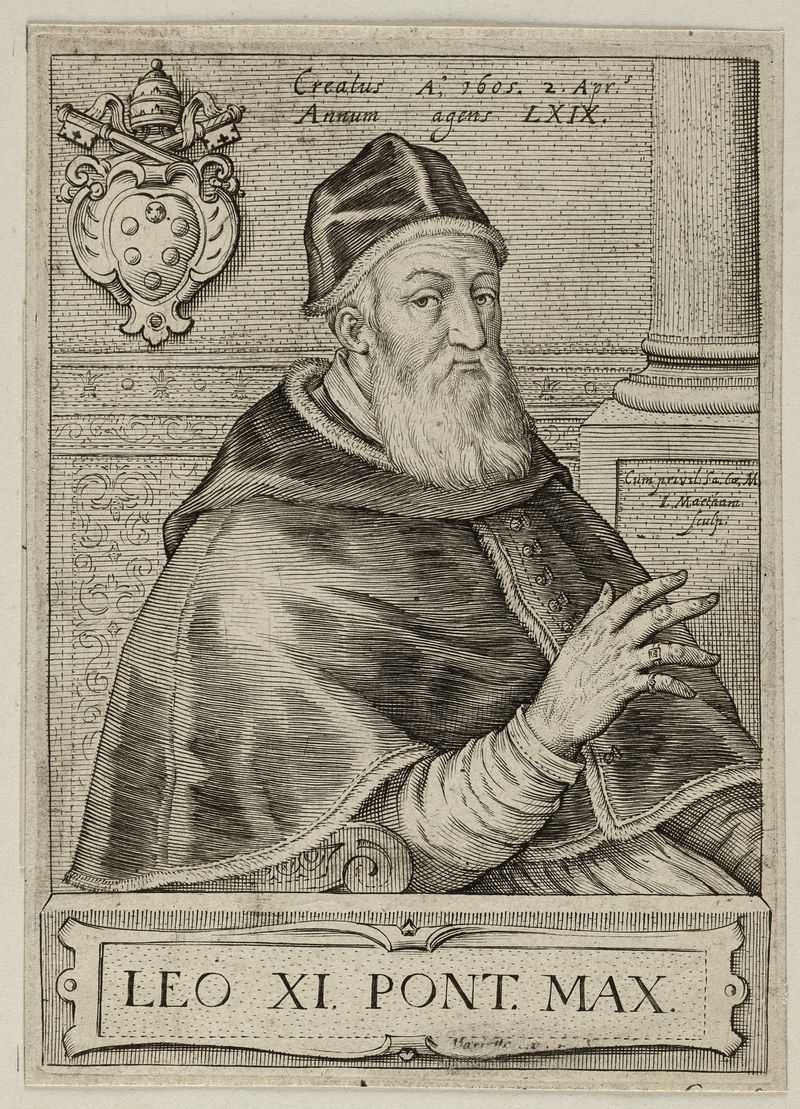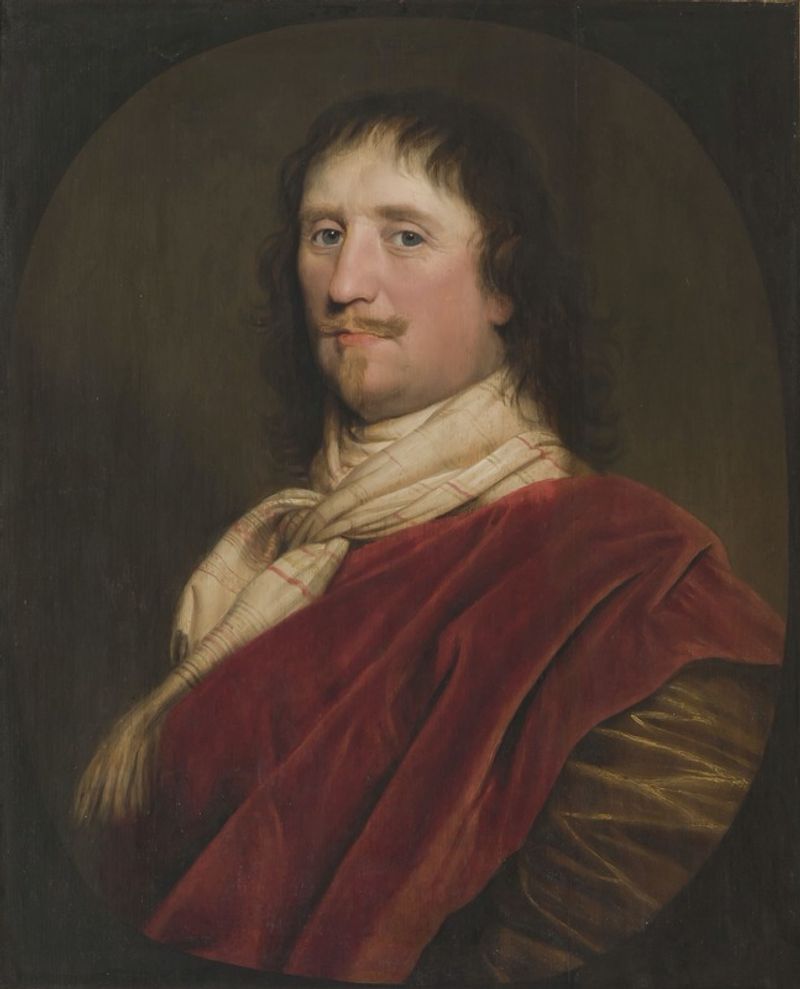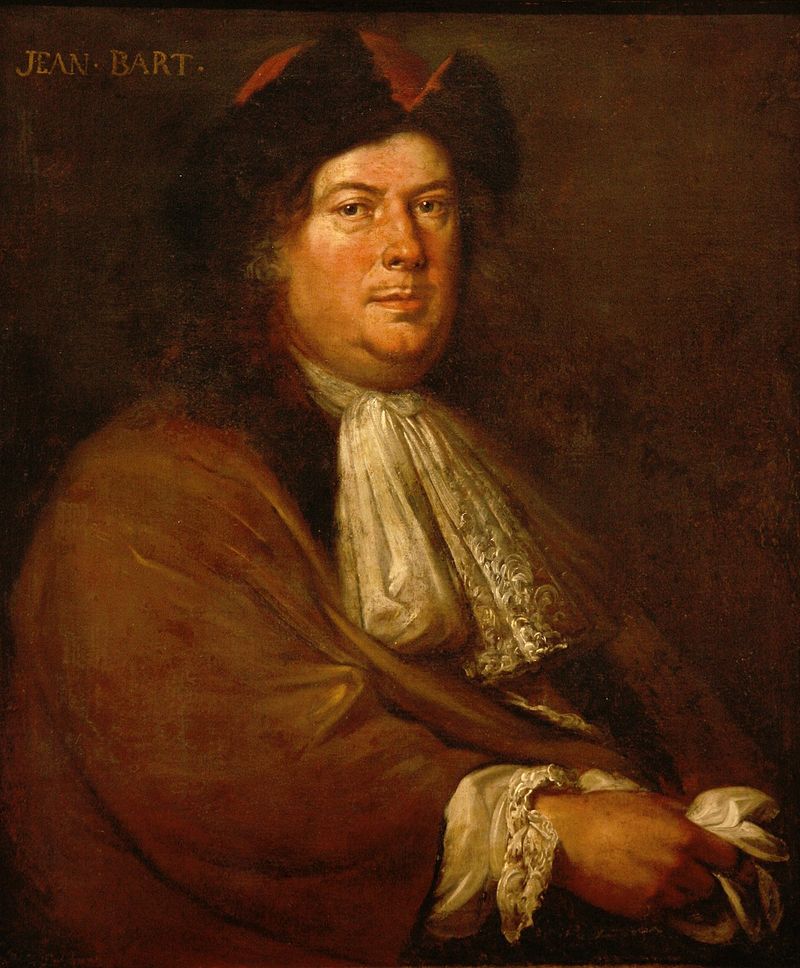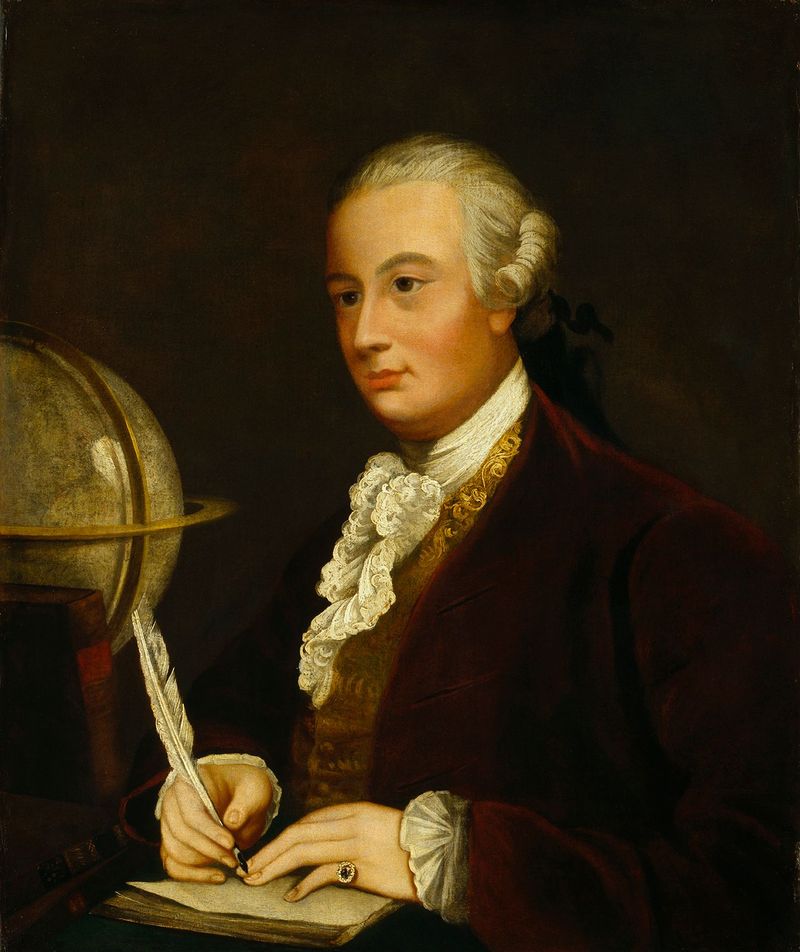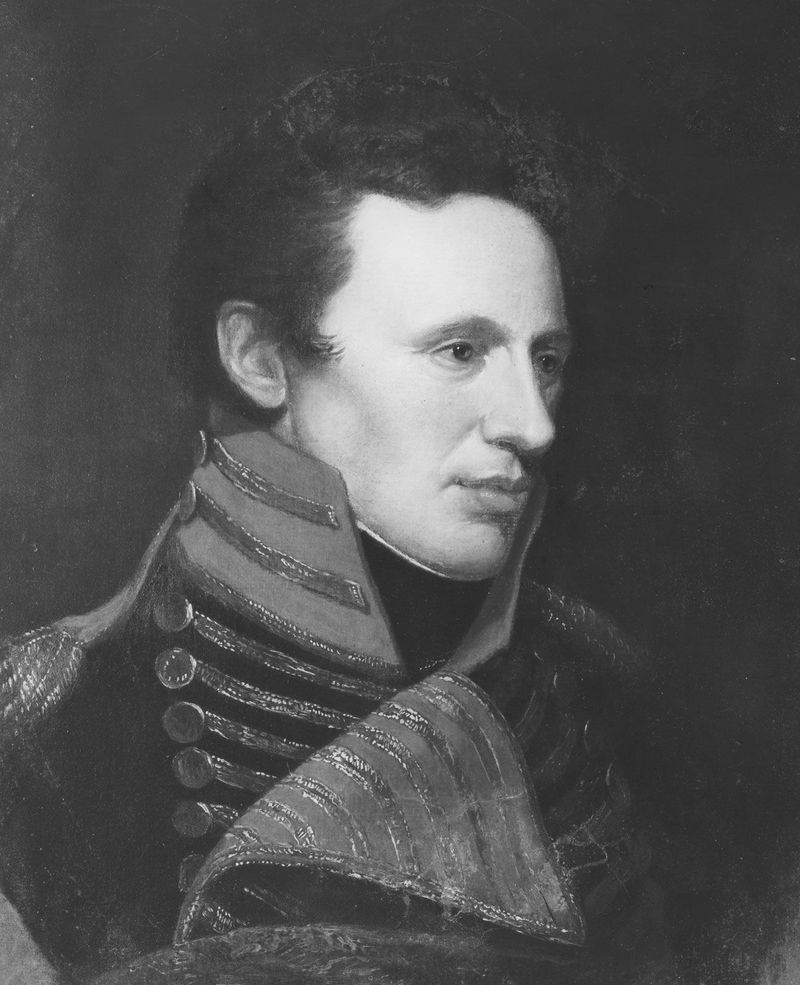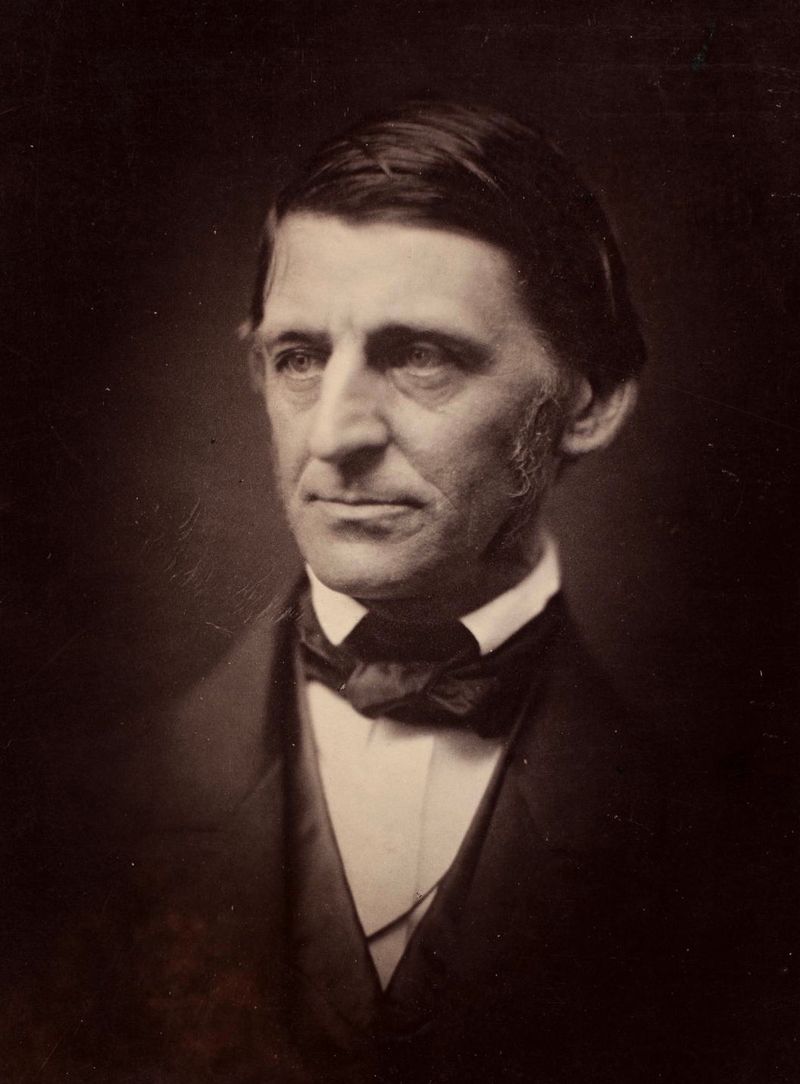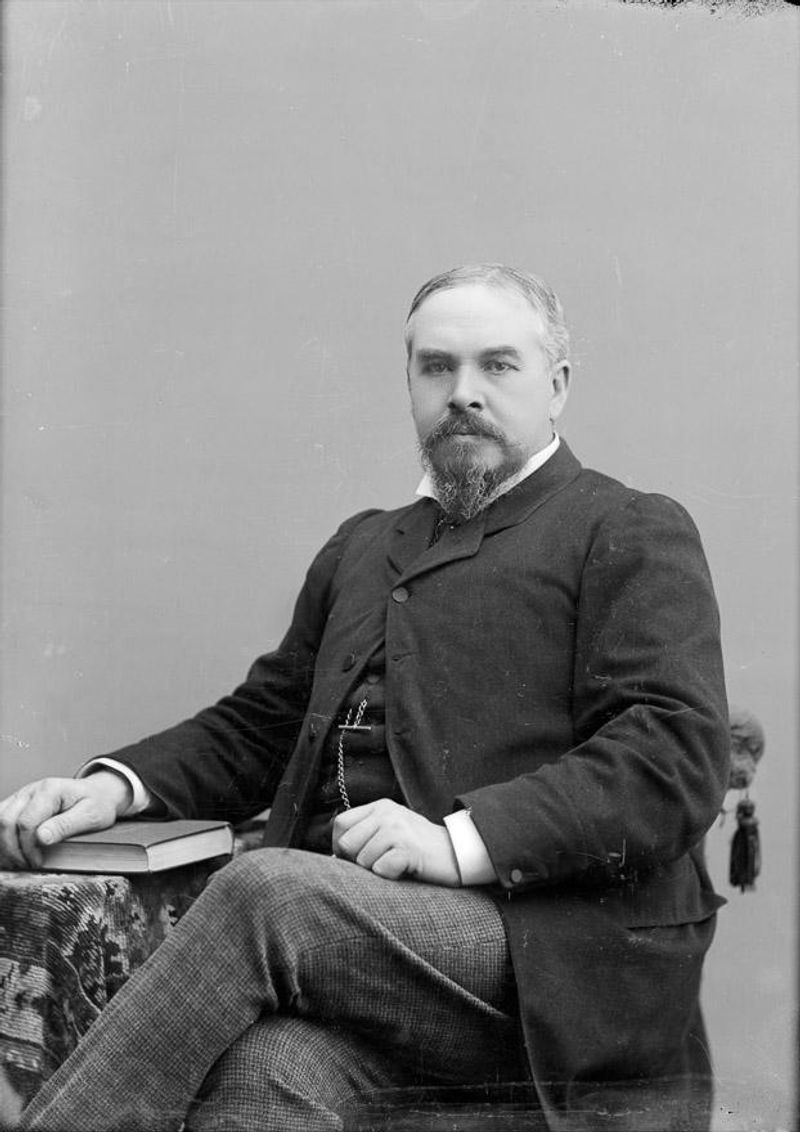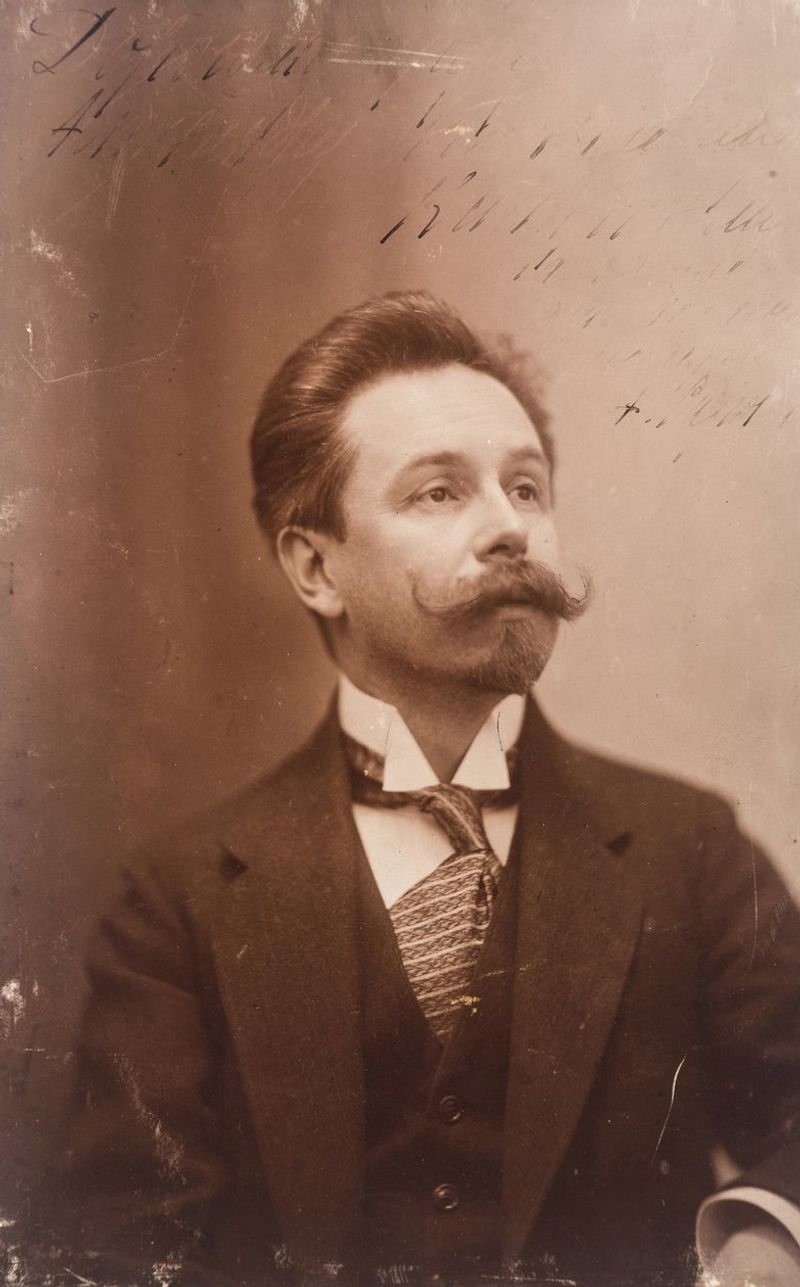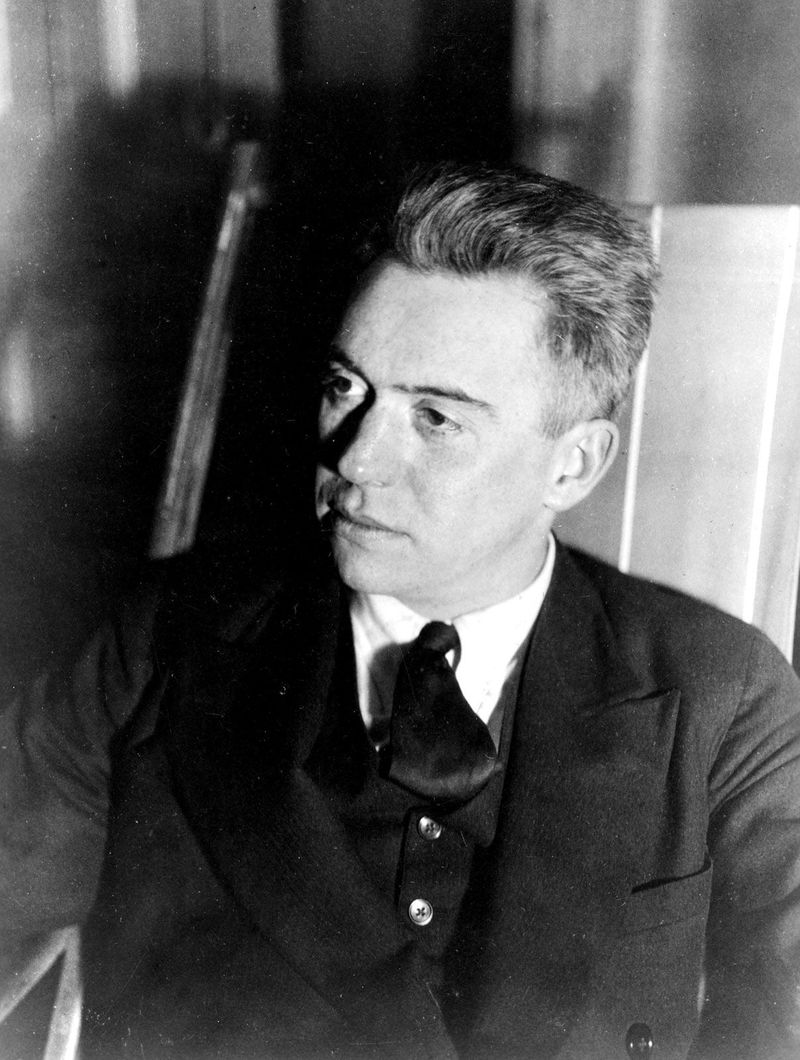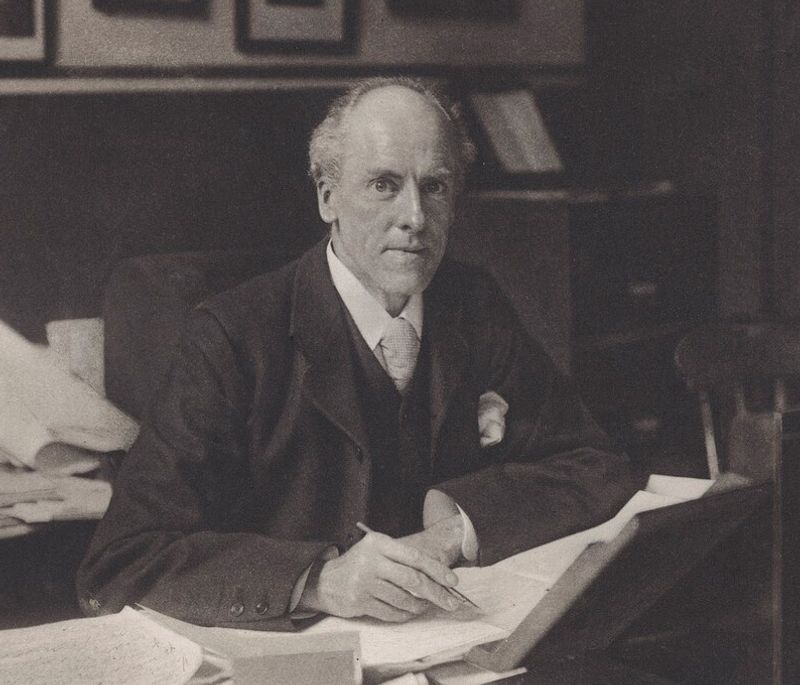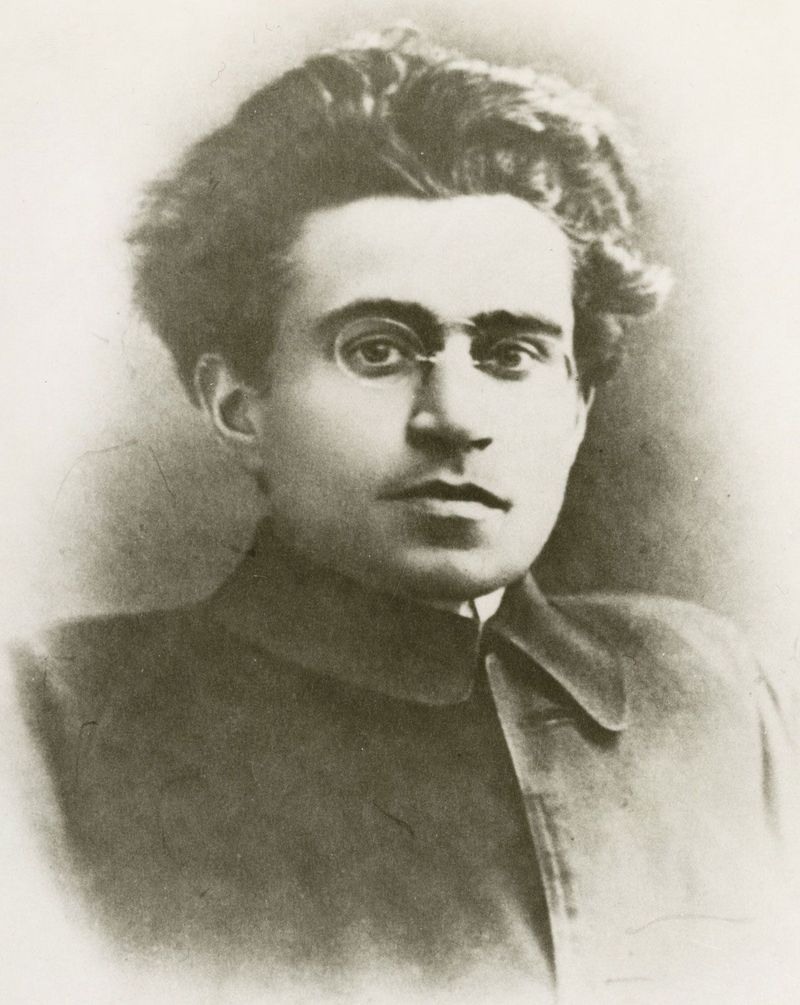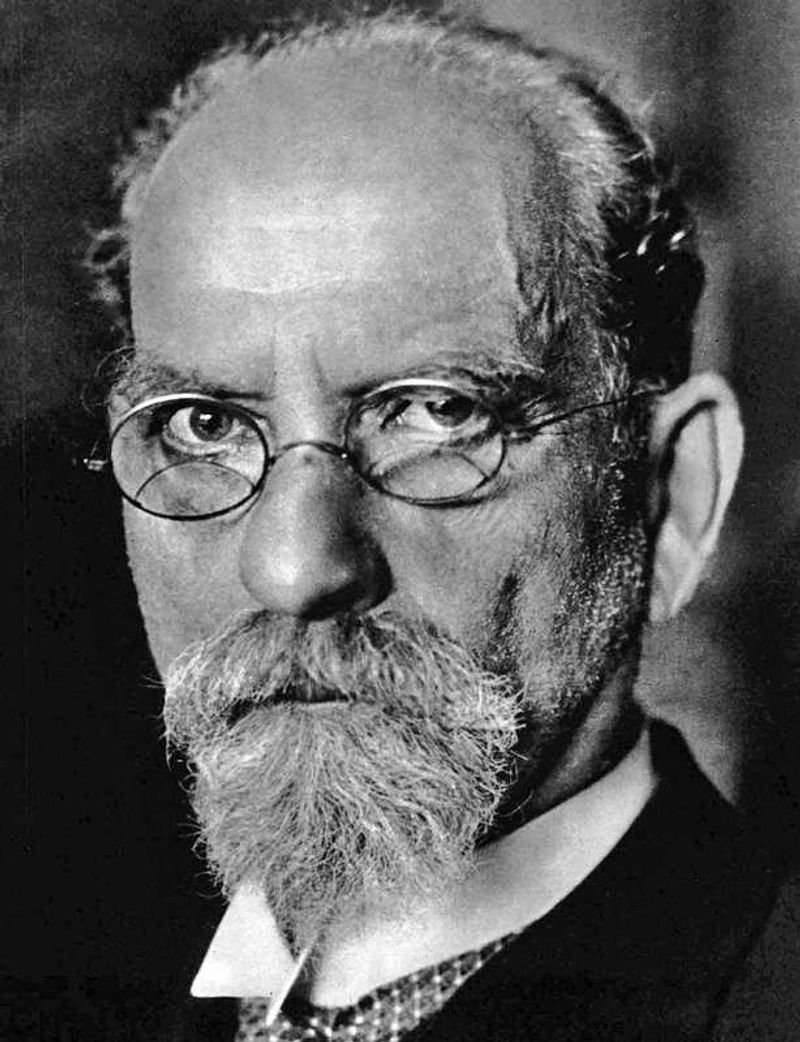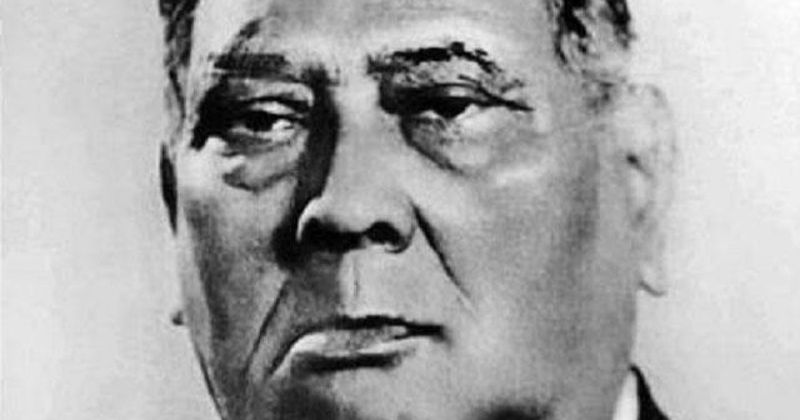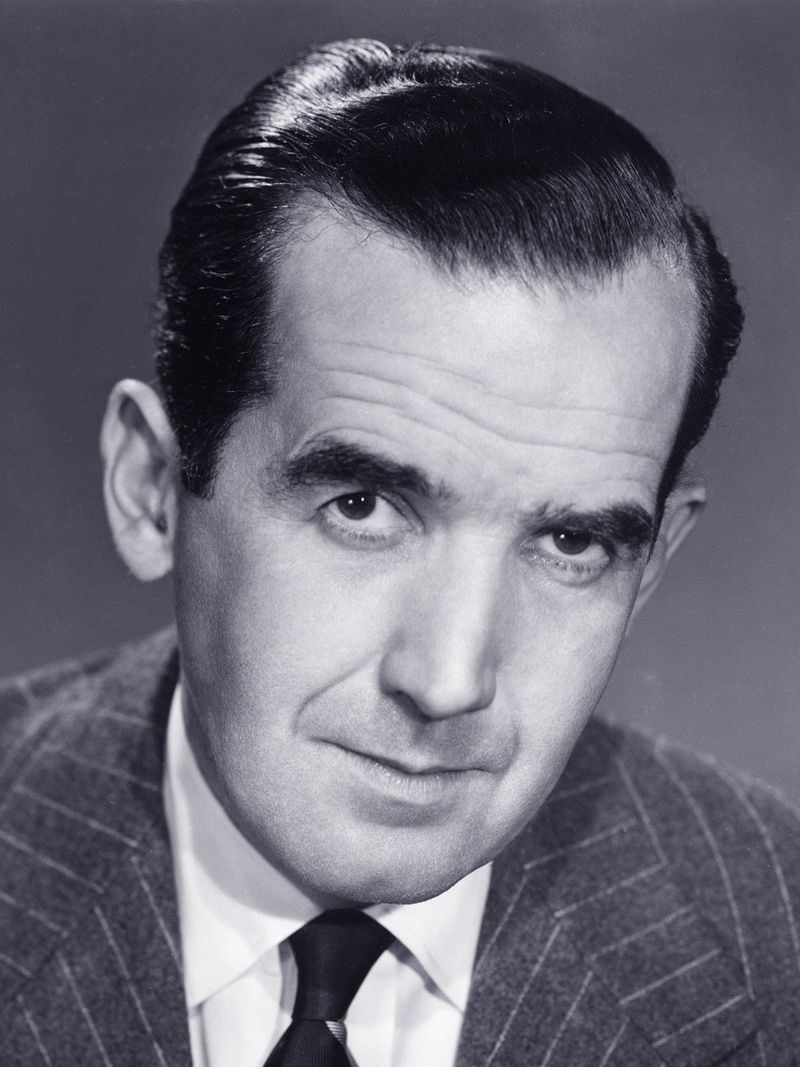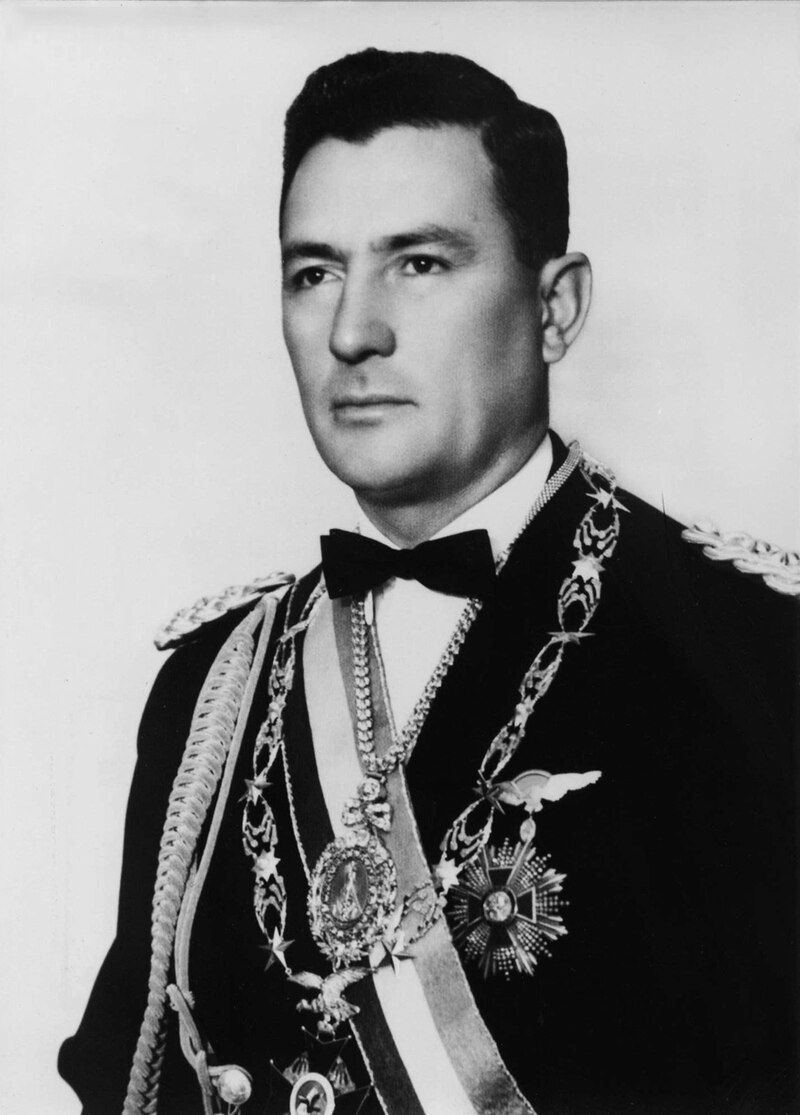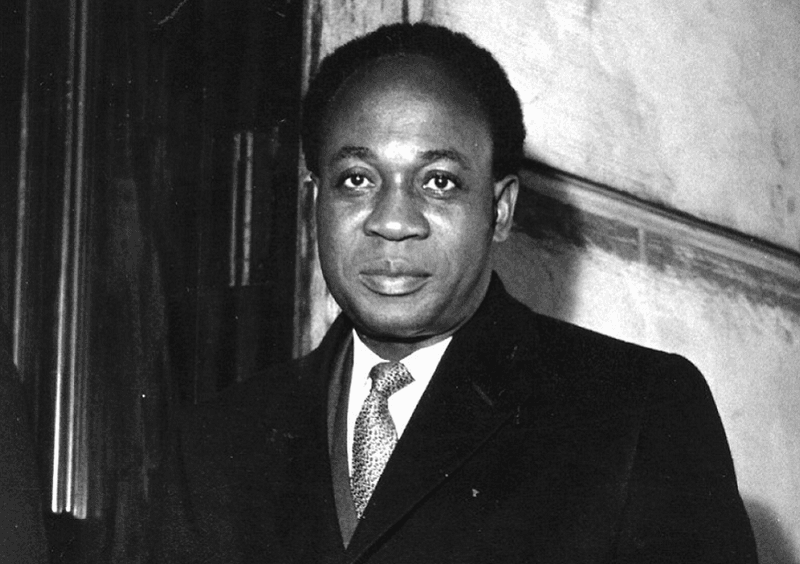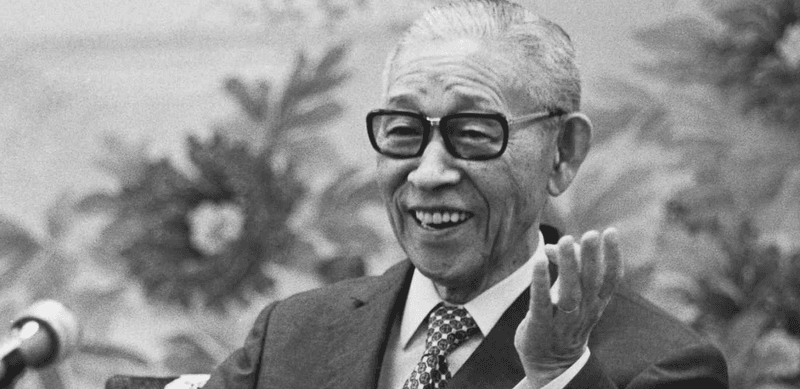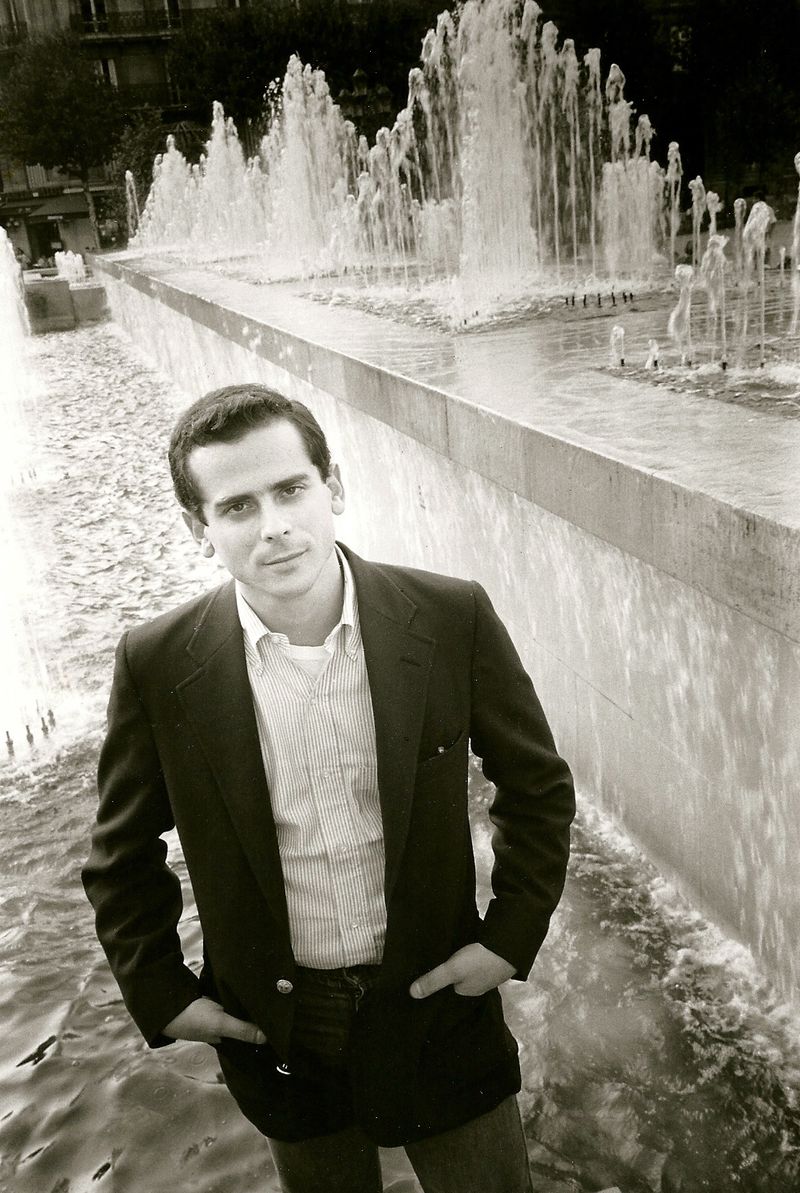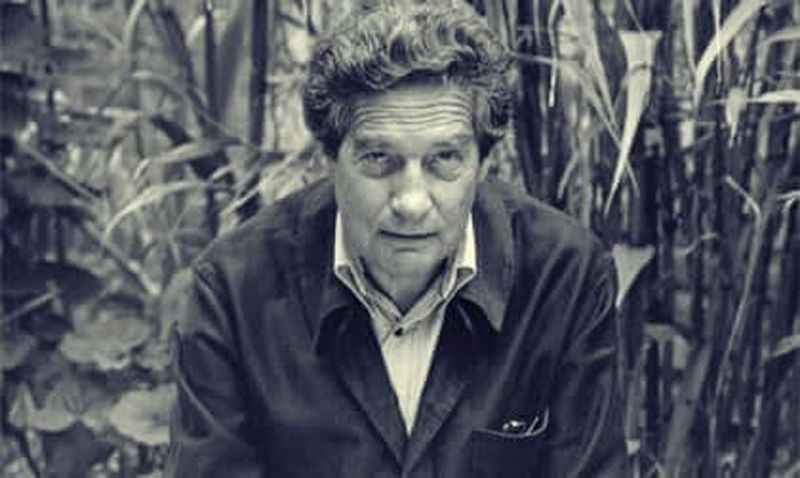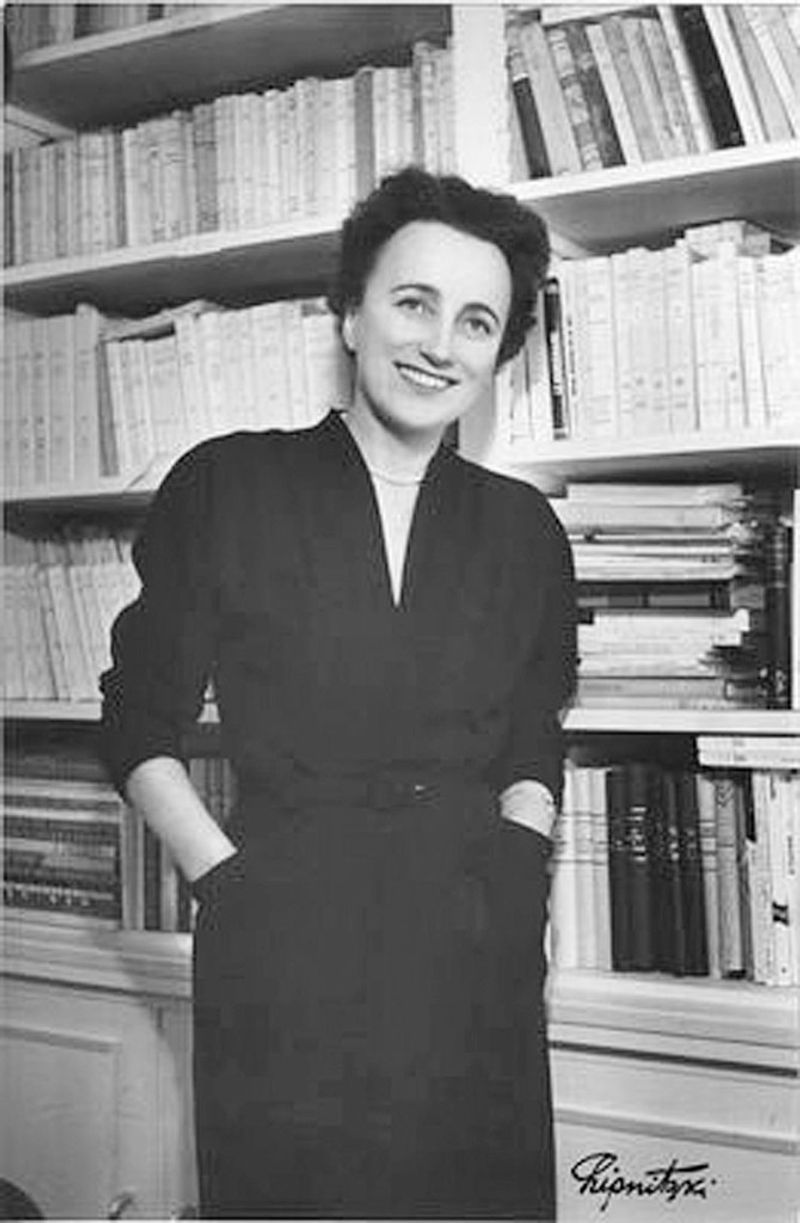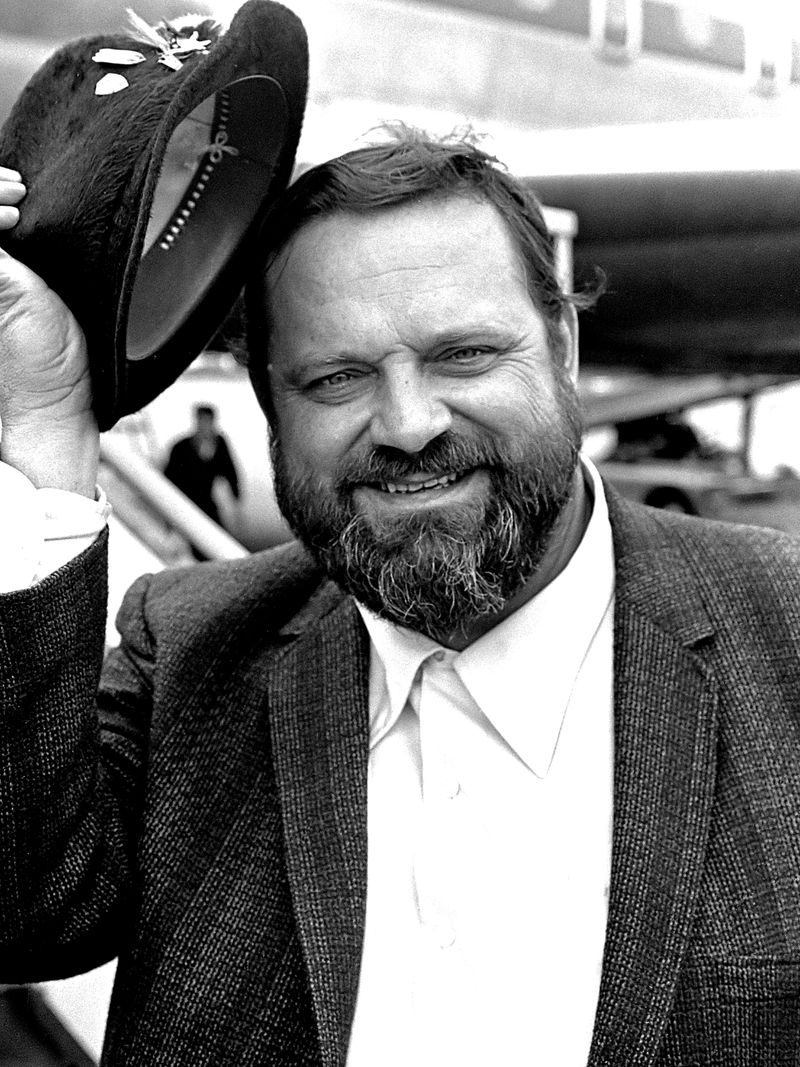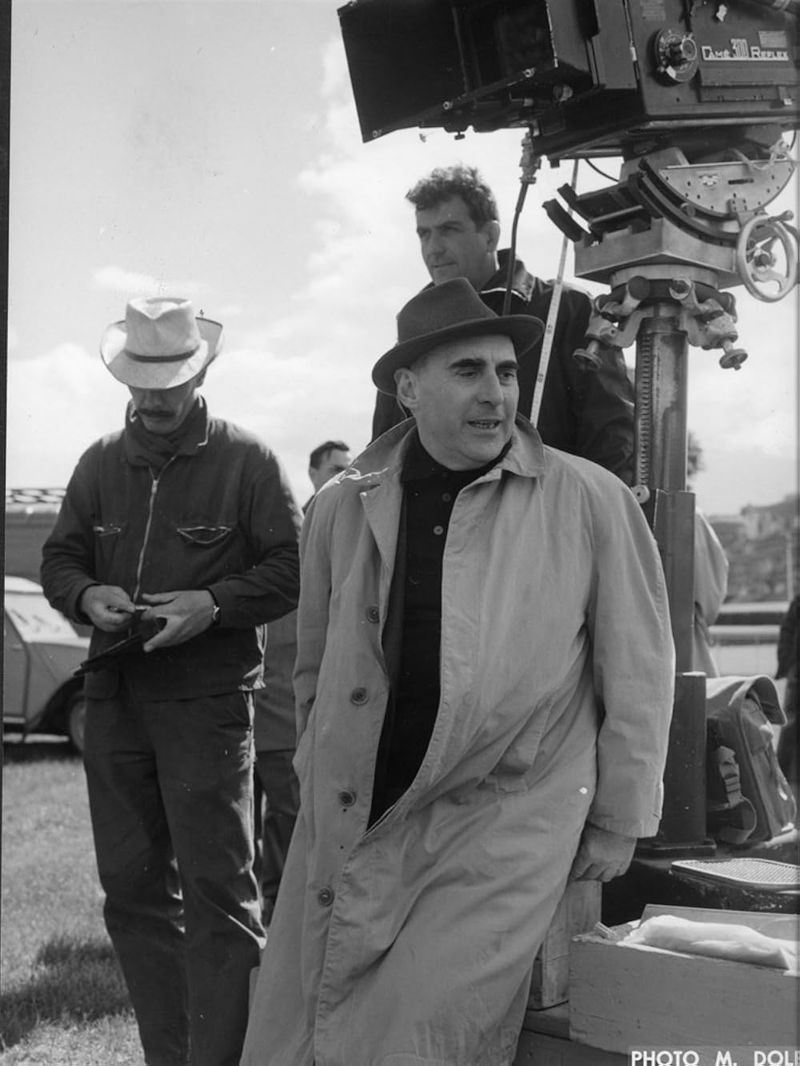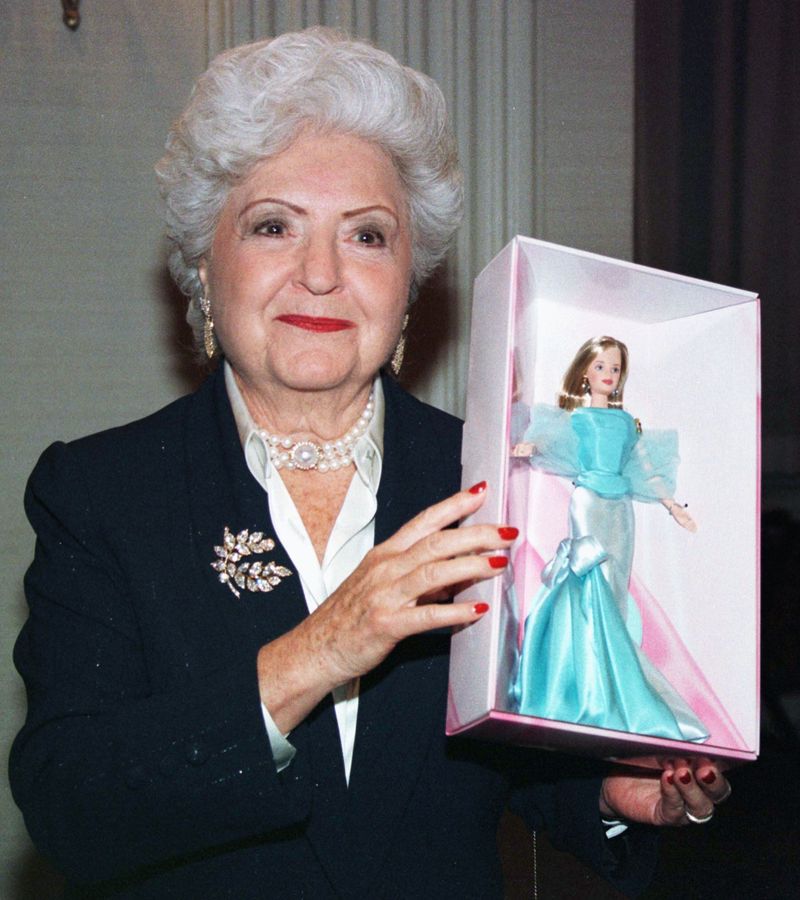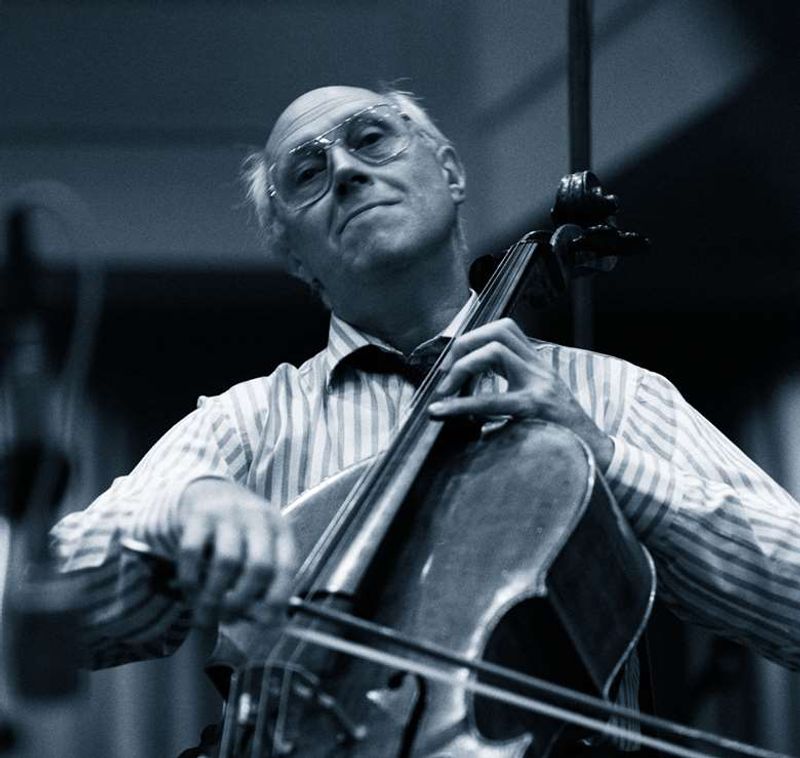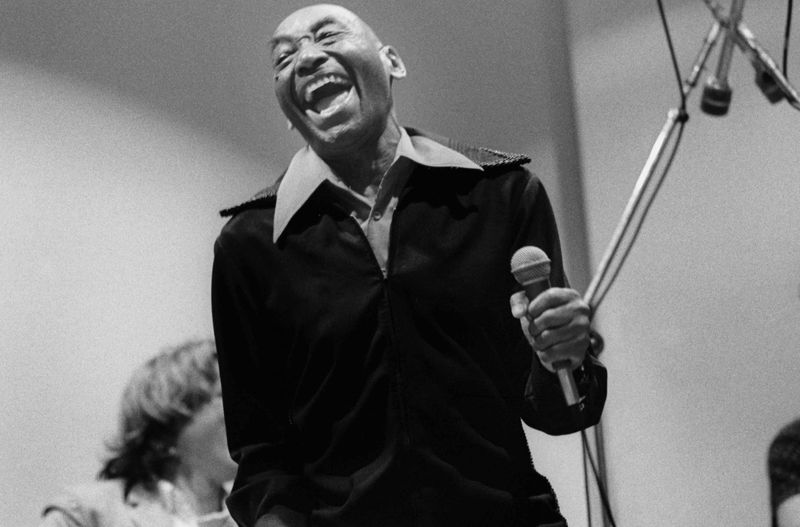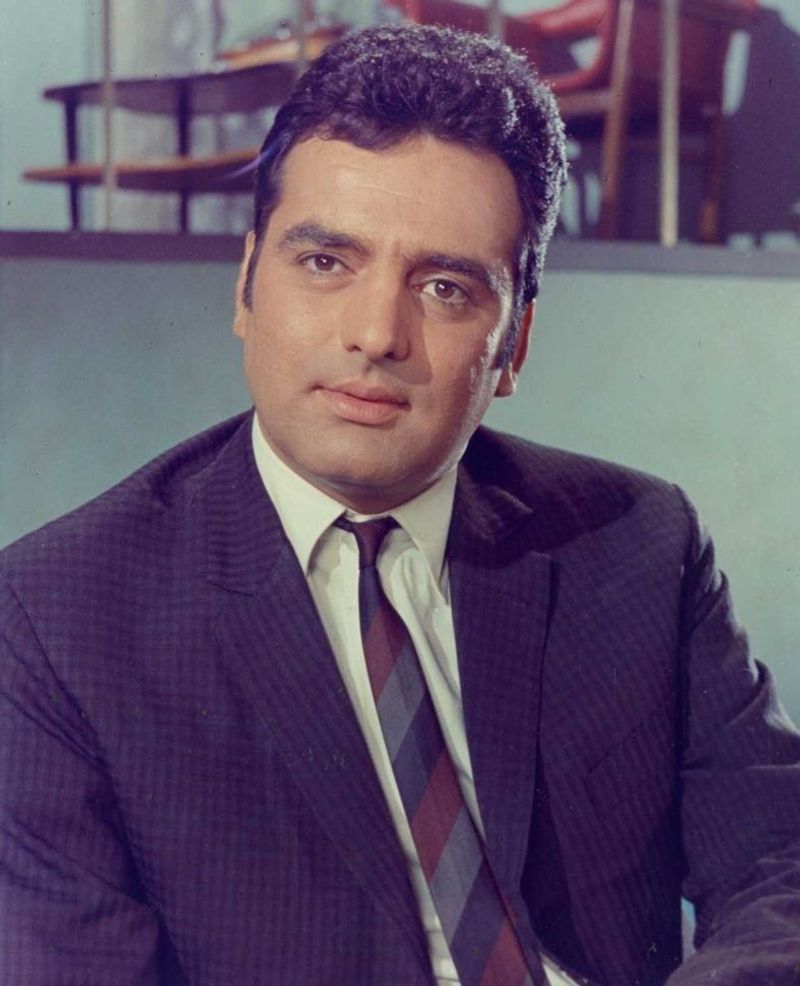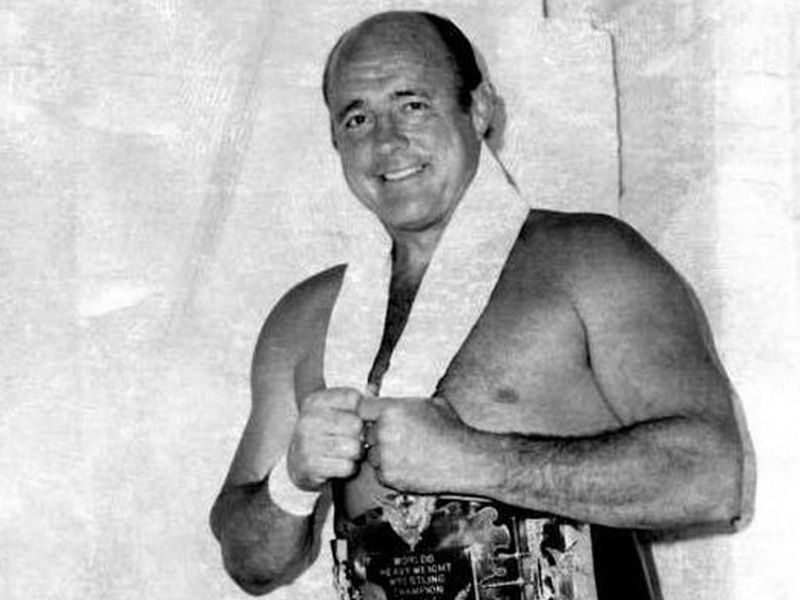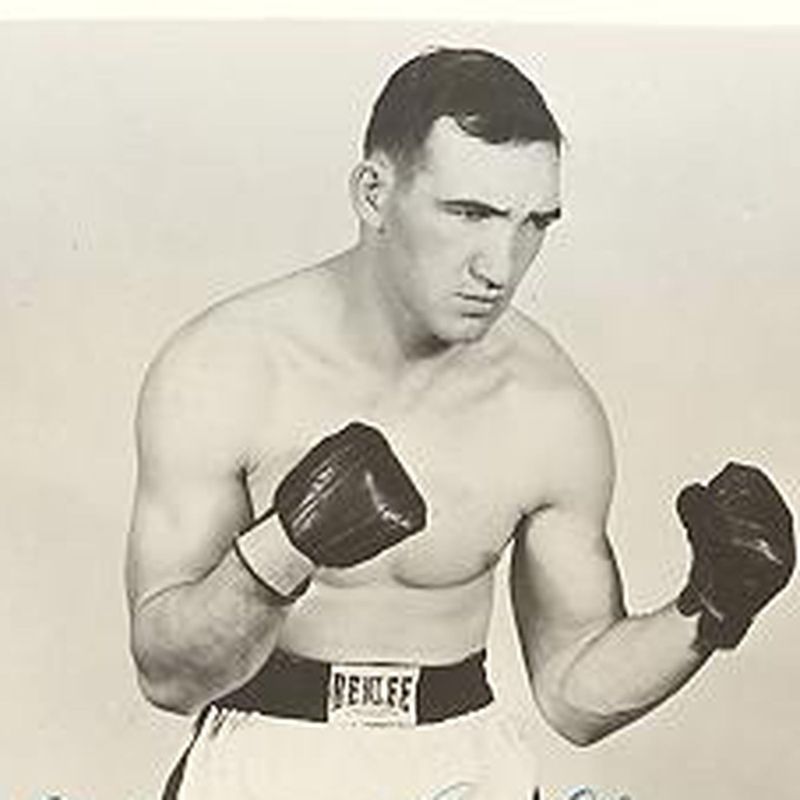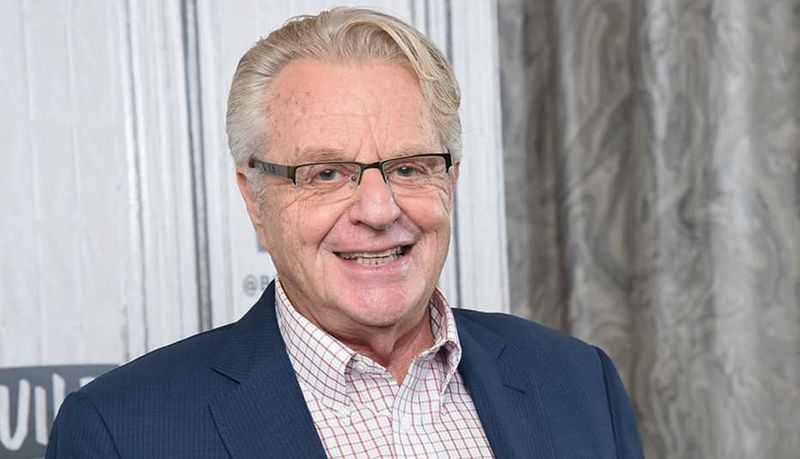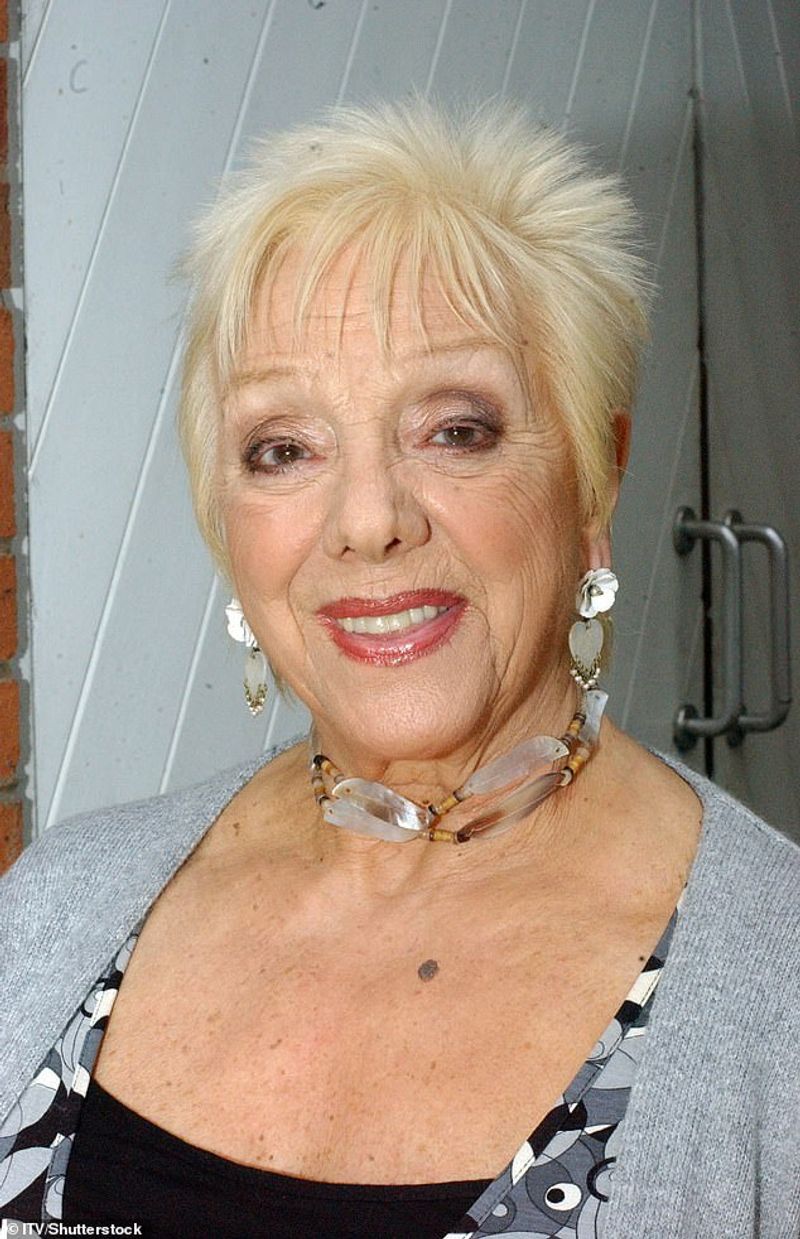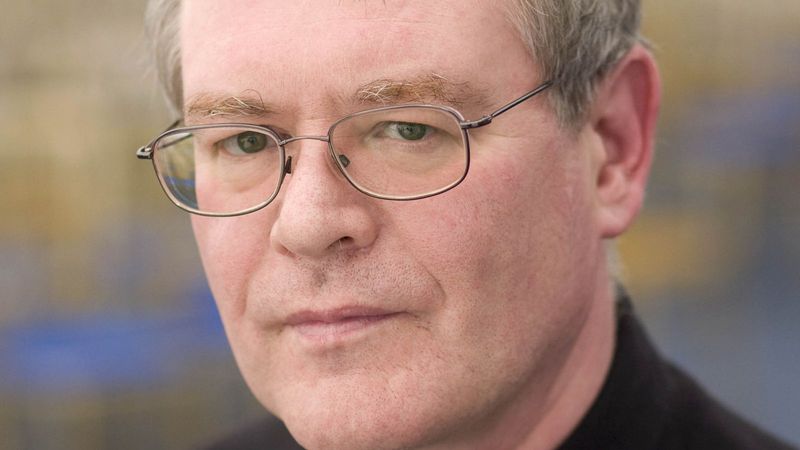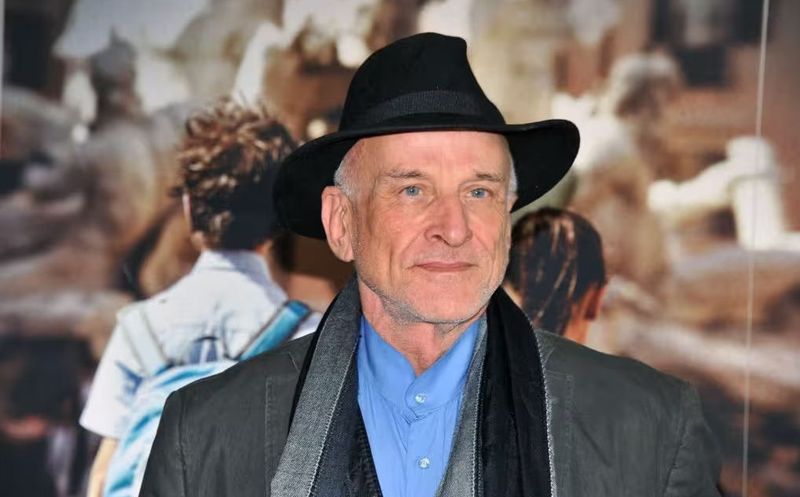April 27th marks the passing of several remarkable individuals across history. From explorers who charted unknown territories to artists who captured the essence of their times, each has left an indelible mark on the world. This list celebrates 33 such figures, honoring their contributions and remembering their legacies.
1. Ferdinand Magellan, Portuguese explorer, 1521
Ferdinand Magellan, a name synonymous with exploration, was a Portuguese navigator whose ambitious expedition culminated in the first circumnavigation of the Earth. Born in 1480, Magellan’s adventures took him across uncharted waters, leaving an indelible mark on history. His daring voyage began in 1519, leading a fleet across the vast and unpredictable seas.
Although he perished in the Philippines during a conflict in 1521, his crew carried on to complete the global journey. This monumental achievement not only expanded geographical knowledge but also opened new trade routes. Magellan’s legacy continues to inspire explorers worldwide.
2. Pope Leo XI, Head of the Catholic Church, 1605
Pope Leo XI, born Alessandro Ottaviano de’ Medici, served as the head of the Catholic Church for a brief period in 1605. Despite his short tenure, lasting only 27 days, his leadership was marked by dedication and spiritual fervor. Born in 1535, Pope Leo XI was part of the influential Medici family, known for their patronage of the arts and contribution to political affairs.
Though his time as Pope was fleeting, he is remembered for his commitment to the Church. His papacy, albeit brief, underscored the challenges and responsibilities of leading a global religious institution.
3. Gerard van Honthorst, Dutch painter, 1656
Gerard van Honthorst, a prominent Dutch painter from the Baroque period, captivated audiences with his masterful use of light and shadow. Born in 1592, he gained fame for his strikingly realistic depictions and dramatic scenes. His talent earned him the nickname “Gherardo delle Notti” or “Gerard of the Nights,” due to his adeptness at night scenes.
Throughout his career, van Honthorst worked across Europe, painting for distinguished patrons and creating portraits rich in detail and emotion. His contributions to art continue to be celebrated, reflecting the vitality of the Baroque era and its enduring influence.
4. Jean Bart, French naval captain and privateer, 1702
Jean Bart was a legendary French naval captain and privateer, renowned for his daring exploits during the late 17th century. Born in 1650, Bart’s seafaring career was filled with adventure and triumph. He gained fame for his audacious raids against enemy ships, showcasing his tactical brilliance and indomitable spirit.
Bart’s victories were not just military triumphs but also boosted French maritime prestige. His fearless nature and strategic acumen made him a national hero, celebrated in songs and stories. Jean Bart’s legacy lives on, symbolizing the courage and tenacity of the French naval tradition.
5. James Bruce, Scottish explorer, 1794
James Bruce, a Scottish explorer of great renown, is celebrated for his exploration of Africa’s vast and mysterious landscapes. Born in 1730, Bruce embarked on his most famous journey to discover the source of the Nile River. His adventures through Ethiopia and beyond unveiled new geographic insights and cultural understanding.
Bruce’s detailed accounts, published upon his return, captivated the imagination of his contemporaries. His discoveries, though initially met with skepticism, were later vindicated, cementing his place in the annals of exploration. James Bruce remains a figure of inspiration for adventurers and scholars alike.
6. Zebulon Pike, American brigadier general and explorer, 1813
Zebulon Pike, an intrepid American explorer and brigadier general, is best known for his expedition to the southern regions of the Louisiana Territory. Born in 1779, Pike’s journey in 1806 led to the discovery of what is now known as Pikes Peak in Colorado. His mission, albeit fraught with challenges, expanded America’s understanding of the western frontier.
Pike’s legacy extends beyond exploration; his military service during the War of 1812 further solidified his place in history. His determination and curiosity paved the way for future American expeditions, embodying the pioneering spirit of the era.
7. Ralph Waldo Emerson, American essayist and philosopher, 1882
Ralph Waldo Emerson, a towering figure in American literature and philosophy, profoundly influenced the transcendentalist movement. Born in 1803, Emerson’s essays and lectures challenged traditional thought and celebrated individualism and nature. His works, such as “Self-Reliance” and “Nature,” continue to inspire thinkers and writers worldwide.
Emerson’s philosophy emphasized the interconnectedness of humanity and nature, advocating for personal growth and self-discovery. His legacy endures in the realms of literature and philosophy, leaving a lasting impact on intellectual thought. Emerson’s writings invite readers to explore their inner worlds and the natural beauty around them.
8. John Ballance, 14th Prime Minister of New Zealand, 1893
John Ballance, the 14th Prime Minister of New Zealand, played a pivotal role in shaping the nation’s progressive policies. Born in 1839, Ballance’s political career was marked by his dedication to social justice and reform. He championed initiatives such as land redistribution and women’s suffrage, laying the groundwork for New Zealand’s modern welfare state.
Ballance’s leadership was characterized by his vision for a fair and equitable society. His contributions to New Zealand’s political landscape continue to be celebrated, reflecting his commitment to democratic principles and social progress. John Ballance remains an influential figure in the country’s history.
9. Alexander Scriabin, Russian composer and pianist, 1915
Alexander Scriabin, a visionary Russian composer and pianist, is celebrated for his innovative and emotive compositions. Born in 1872, Scriabin’s work was marked by a unique blend of mysticism and musical experimentation. His compositions often explored the synesthetic relationship between sound and color.
Scriabin’s influence extended beyond music, inspiring future generations of composers with his daring ideas and harmonic innovations. His works, such as the “Poem of Ecstasy,” continue to be performed and revered for their emotional depth and complexity. Scriabin’s legacy endures as a testament to the transformative power of music.
10. Hart Crane, American poet, 1932
Hart Crane, an American poet of profound emotional and lyrical depth, left a significant mark on 20th-century poetry. Born in 1899, Crane’s work was characterized by its rich imagery and complex themes. His most celebrated work, “The Bridge,” symbolizes the connection between the past and the present.
Despite his tumultuous life, Crane’s poetry resonates with readers for its intensity and visionary style. His exploration of the human condition and modernity continues to inspire poets and literary scholars, ensuring his lasting influence in the world of American literature. Crane’s poetic voice remains a beacon of artistic exploration.
11. Karl Pearson, English mathematician and statistician, 1936
Karl Pearson, a pioneering English mathematician and statistician, laid the groundwork for modern statistics with his innovative approaches. Born in 1857, Pearson’s work in statistical theory and biometry revolutionized scientific research. He founded the world’s first university statistics department at University College London.
Pearson introduced concepts such as the correlation coefficient and chi-squared test, which remain fundamental in statistical analysis today. His contributions spanned various disciplines, influencing fields from biology to social sciences. Karl Pearson’s legacy as a transformative figure in statistics endures, shaping methodologies and analytical techniques across the globe.
12. Antonio Gramsci, Italian philosopher and politician, 1937
Antonio Gramsci, an influential Italian philosopher and politician, is renowned for his profound impact on political theory and Marxism. Born in 1891, Gramsci’s writings, particularly his “Prison Notebooks,” explored the role of culture and ideology in maintaining power structures.
Despite his imprisonment by the Fascist regime, Gramsci’s intellectual legacy flourished, inspiring movements worldwide. His concepts of cultural hegemony and the role of intellectuals in society continue to resonate in contemporary political discourse. Gramsci’s thoughts offer valuable insights into the dynamics of power and resistance, making him a pivotal figure in modern political thought.
13. Edmund Husserl, German philosopher, 1938
Edmund Husserl, the father of phenomenology, was a German philosopher whose work transformed the landscape of philosophical inquiry. Born in 1859, Husserl sought to explore the structures of consciousness and the nature of experience. His groundbreaking ideas laid the foundation for existentialism and influenced thinkers like Heidegger and Sartre.
Husserl’s rigorous approach to philosophy emphasized descriptive analysis of human experience, aiming to uncover the essence of phenomena. His legacy endures through the continued relevance of phenomenological methods in philosophy and other disciplines. Edmund Husserl’s contributions remain vital to understanding human perception and consciousness.
14. A. K. Fazlul Huq, Bengali politician and statesman, 1962
A. K. Fazlul Huq, a towering figure in Bengali politics, was instrumental in advocating for the rights and welfare of the Bengali people. Born in 1873, Huq’s political career spanned decades, during which he held numerous significant positions, including that of Prime Minister of Bengal.
His leadership was marked by a commitment to social reform and communal harmony, earning him the affectionate title “Sher-e-Bangla.” Huq’s legacy is celebrated for his dedication to education and economic development, making a lasting impact on Bengal’s political landscape. His vision continues to inspire leaders and citizens alike.
15. Edward R. Murrow, American broadcast journalist, 1965
Edward R. Murrow, a pioneering figure in American journalism, set the standard for integrity and excellence in broadcast news. Born in 1908, Murrow’s compelling reports during World War II from London captivated audiences and established his reputation as a trusted voice.
His fearless reporting and commitment to truth-telling paved the way for future generations of journalists. Murrow’s influence extended beyond radio, shaping television journalism and public discourse. His legacy is one of courage and dedication, inspiring journalists worldwide to uphold the values of integrity and accountability in their pursuit of the truth.
16. René Barrientos, Bolivian president, 1969
René Barrientos, a charismatic leader and former President of Bolivia, played a significant role in shaping the nation’s political landscape during the 1960s. Born in 1919, Barrientos rose to prominence as an air force officer before entering politics.
His presidency was marked by efforts to modernize Bolivia and strengthen its infrastructure. Despite facing political challenges and controversies, Barrientos remains a notable figure in Bolivian history for his contributions to national development. His leadership style and policies continue to be studied and debated, highlighting his complex legacy in the country’s history.
17. Kwame Nkrumah, First President of Ghana, 1972
Kwame Nkrumah, the visionary leader and first President of Ghana, played a crucial role in the country’s independence movement. Born in 1909, Nkrumah’s leadership was instrumental in liberating Ghana from colonial rule in 1957, making it the first African nation to achieve independence.
Nkrumah’s vision extended beyond Ghana, advocating for Pan-African unity and socialism. His policies aimed at industrialization and education laid the foundation for national development. Despite facing political challenges, Nkrumah’s legacy as a pioneer of African independence and unity endures, inspiring leaders across the continent to strive for a self-reliant and united Africa.
18. Konosuke Matsushita, Japanese industrialist, founder of Panasonic, 1989
Konosuke Matsushita, a visionary Japanese industrialist, founded Panasonic and transformed it into a global electronics powerhouse. Born in 1894, Matsushita’s innovative approach to business emphasized quality, customer satisfaction, and employee welfare.
Matsushita’s leadership philosophy, known as the “Matsushita Way,” prioritized ethical practices and social responsibility, setting new standards in corporate governance. His contributions to the electronics industry and dedication to societal betterment left an indelible mark on business practices worldwide. Konosuke Matsushita’s legacy continues to inspire entrepreneurs and business leaders, illustrating the power of vision and integrity in achieving success.
19. Howard Brookner, American film director, 1989
Howard Brookner, an innovative American film director, left a distinct mark on the film industry with his creative vision and storytelling prowess. Born in 1954, Brookner’s work spanned both documentaries and feature films, showcasing his versatility and passion for the art of filmmaking.
His acclaimed documentary “Burroughs: The Movie,” chronicling the life of writer William S. Burroughs, is celebrated for its intimate portrayal and artistic depth. Despite his untimely death, Brookner’s contributions to cinema continue to resonate, inspiring filmmakers to push boundaries and explore new narratives. His legacy lives on in the world of independent film.
20. Carlos Castaneda, American author and anthropologist, 1998
Carlos Castaneda, a renowned American author and anthropologist, gained fame for his writings on shamanism and indigenous spiritual practices. Born in 1925, Castaneda’s books, beginning with “The Teachings of Don Juan,” captivated readers with their exploration of alternate realities and consciousness.
Though his works sparked debate over their authenticity, Castaneda’s influence on the New Age movement and spiritual exploration is undeniable. His writings continue to intrigue and inspire those seeking deeper understanding of human potential and mysticism. Carlos Castaneda’s legacy remains a testament to the power of narrative in expanding the boundaries of reality and perception.
21. Anne Desclos, French author, 1998
Anne Desclos, a distinguished French author, gained notoriety under the pseudonym ‘Pauline Réage’ for her controversial novel “Story of O.” Born in 1907, Desclos’s work explored themes of love, submission, and identity, challenging societal norms and sparking significant literary debate.
“Story of O,” published in 1954, became a seminal work in erotic literature, praised and critiqued for its bold narrative and philosophical undertones. Desclos’s literary contributions continue to provoke thought and discussion, illustrating the complex interplay of power and desire. Her legacy endures as a fearless explorer of human emotion and creativity.
22. Al Hirt, American trumpeter and bandleader, 1999
Al Hirt, a legendary American trumpeter and bandleader, enchanted audiences with his vibrant sound and charismatic performances. Born in 1922, Hirt’s career spanned several decades, during which he became a prominent figure in the New Orleans jazz scene.
His hit record, “Java,” showcased his technical brilliance and musical versatility, earning him widespread acclaim. Hirt’s lively style and infectious energy made him a beloved performer, influencing generations of musicians. His contributions to jazz continue to be celebrated, highlighting the joyful and dynamic spirit of this quintessentially American music genre.
23. Gilles Grangier, French film director and screenwriter, 1996
Gilles Grangier, a prolific French film director and screenwriter, contributed significantly to mid-20th-century cinema with his engaging storytelling and visual style. Born in 1911, Grangier’s career was marked by collaborations with iconic French actors and a diverse filmography.
His films, ranging from comedies to dramas, captured the essence of French culture and society, resonating with audiences both domestically and internationally. Grangier’s work continues to be celebrated for its artistic depth and entertainment value, highlighting the vibrancy of French cinema during a transformative era. His legacy endures in the cinematic world, inspiring filmmakers and audiences alike.
24. Ruth Handler, American businesswoman, creator of the Barbie doll, 2002
Ruth Handler, an innovative American businesswoman, revolutionized the toy industry as the creator of the iconic Barbie doll. Born in 1916, Handler’s vision transformed playtime for generations of children worldwide. Her creation of Barbie in 1959 introduced a new paradigm in dolls, offering a diverse range of roles and identities for girls to explore.
Handler’s entrepreneurial spirit and commitment to innovation set new standards in the toy market. Her legacy continues to influence toy design and marketing, celebrating creativity and imagination. Ruth Handler’s contributions endure as a testament to the power of vision in shaping cultural phenomena.
25. Mstislav Rostropovich, Russian cellist and conductor, 2007
Mstislav Rostropovich, a legendary Russian cellist and conductor, captivated audiences with his extraordinary musical talent and passion. Born in 1927, Rostropovich’s career spanned numerous decades, marked by collaborations with esteemed orchestras and composers.
His performances, characterized by emotional depth and technical mastery, enriched the world of classical music. Rostropovich’s dedication to artistic excellence and advocacy for human rights left a profound impact on both music and society. His legacy continues to inspire musicians and audiences, highlighting the transformative power of music in bridging cultural and political divides.
26. Frankie Manning, American dancer and choreographer, 2009
Frankie Manning, a pioneering figure in the world of dance, brought swing dancing to life with his electrifying moves and infectious energy. Born in 1914, Manning became a leading choreographer and performer during the swing era, captivating audiences with his innovative Lindy Hop routines.
His charismatic performances and dynamic choreography set the standard for swing dance, inspiring dancers worldwide to embrace the joyful spirit of this dance form. Manning’s legacy endures in the dance community, celebrating the vibrant and inclusive nature of swing dance. His contributions continue to inspire generations of dancers and enthusiasts.
27. Feroz Khan, Indian actor and film director, 2009
Feroz Khan, a charismatic Indian actor and film director, was a trailblazer in Bollywood, known for his bold style and innovative storytelling. Born in 1939, Khan’s career spanned several decades, during which he became a prominent figure in Indian cinema.
His films, characterized by their dynamic narratives and visual flair, broke new ground in the industry. Khan’s larger-than-life persona and cinematic contributions continue to influence Bollywood, inspiring filmmakers to push creative boundaries. His legacy is celebrated for its impact on Indian film, highlighting the transformative power of art and storytelling.
28. Verne Gagne, American professional wrestler, 2015
Verne Gagne, an iconic figure in professional wrestling, dominated the ring with his athletic prowess and charismatic presence. Born in 1926, Gagne’s career as a wrestler and promoter spanned decades, influencing the sport’s evolution.
As a multiple-time world champion and promoter, Gagne’s contributions to wrestling were monumental, setting standards for athleticism and showmanship. His dedication to the sport left an indelible mark, inspiring generations of wrestlers to follow in his footsteps. Gagne’s legacy endures in the world of wrestling, celebrated for his contributions to its growth and global appeal.
29. Gene Fullmer, American professional boxer, 2015
Gene Fullmer, a formidable American boxer, captivated fans with his tenacity and resilience in the ring. Born in 1931, Fullmer’s career was marked by numerous championships and legendary bouts, earning him a place among boxing’s elite.
His relentless fighting style and sportsmanship made him a beloved figure in the boxing community. Fullmer’s contributions to the sport extended beyond his victories, inspiring future generations of boxers to pursue greatness. His legacy is celebrated for its impact on boxing, highlighting the sport’s rich history and enduring appeal. Gene Fullmer remains an icon of determination and athletic excellence.
30. Jerry Springer, American television host and politician, 2023
Jerry Springer, an influential television host and former politician, became a cultural icon through his controversial talk show. Born in 1944, Springer’s career in television was marked by his engaging and often provocative interviewing style.
His show, known for its sensational topics and lively audience interactions, captivated viewers and sparked discussions on societal issues. Despite the controversies, Springer’s impact on popular culture and television is undeniable. His legacy as a broadcaster and public figure continues to be celebrated, reflecting the dynamic nature of media and its influence on public discourse.
31. Barbara Young, English actress, 2023
Barbara Young, a celebrated English actress, graced the stage and screen with her versatile performances and captivating presence. Born in 1931, Young’s career spanned several decades, during which she became a beloved figure in British television and theatre.
Her roles, ranging from dramatic to comedic, showcased her exceptional talent and range. Young’s contributions to the performing arts continue to be cherished, inspiring actors and audiences alike. Her legacy endures in the world of entertainment, highlighting the transformative power of performance and storytelling. Barbara Young remains an icon of British theatre and television.
32. C. J. Sansom, British author, 2024
C. J. Sansom, a renowned British author, captivated readers with his historical novels, blending rich narratives with meticulous research. Born in 1952, Sansom’s writing career was marked by the acclaimed ‘Shardlake’ series, set in Tudor England.
His ability to weave compelling plots with historical accuracy earned him a devoted readership and critical acclaim. Sansom’s works continue to transport readers to bygone eras, offering insights into historical events and figures. His legacy as a master storyteller endures, inspiring writers and history enthusiasts to delve into the past with imagination and curiosity.
33. Giovanni Lombardo Radice, Italian actor, 2023
Giovanni Lombardo Radice, an iconic Italian actor, became a cult figure in the world of horror cinema with his memorable performances. Born in 1954, Radice’s roles in classic Italian horror films showcased his talent for embodying intense and often eccentric characters.
Despite the niche genre, Radice’s work gained a dedicated following, celebrating his unique style and fearless approach to acting. His legacy extends beyond horror, influencing actors and filmmakers to embrace creativity and originality. Giovanni Lombardo Radice remains a beloved figure in genre cinema, celebrated for his contributions to the art of horror storytelling.
